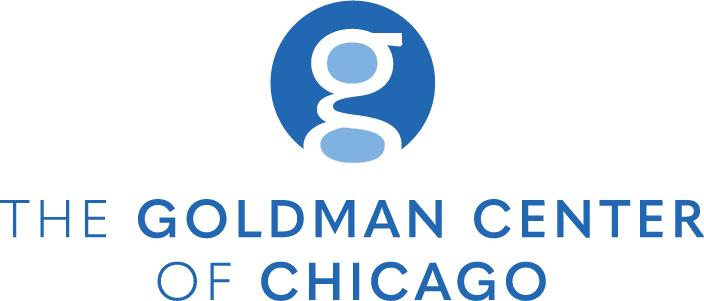Determining whether your child needs a diagnostic evaluation for autism, as well as figuring out how to get one, can feel overwhelming and uncertain. Our goal is to help parents navigate this process in a way that feels comfortable for their family. We know that this process can look different for every family.
Below are some helpful steps to be aware of along the way:
Know the Signs:
As a parent, you know your child best; that is why it is important to recognize early signs of autism and other developmental disorders. Here are a few early indicators of autism in young children and babies to watch for:
- Inconsistent or lack of response to name
- Lack of eye-contact or difficulty to holding their gaze
- Does not seek to share their interests with you when playing
- Little to no pointing or gesturing at objects
- Lack of imitation and imaginary play
Express your Concerns:
If you notice any of these signs or have other concerns regarding your child’s development, the first person to contact is your pediatrician. Your pediatrician will usually check in about your child’s development during each visit, particularly for young babies and toddlers. Once they have heard your concerns, your pediatrician can perform an examination and determine whether further testing is needed.
Initial Assessment(s):
Depending on the signs and behaviors that a child shows, a pediatrician may recommend one or more developmental screenings before referring families for a comprehensive diagnostic evaluation. Examples of developmental screenings include:
- Developmental milestones assessment: a pediatrician may assess the child’s developmental milestones and ask parents questions to gage their social development at home. This assessment can include questions about how many words a child has, how they communicate their wants and needs to others, and their behavior patterns and interests in relation to their peers.
- Hearing test: sometimes when a child is having trouble reacting and responding to sounds and language in their environment it can indicate some hearing loss or blockage. In these cases, a pediatrician may recommend a comprehensive hearing test to check for any auditory loss or deafness.
- Speech and language assessment: If a parent’s concerns are mainly related to speech and language, a pediatrician may refer the family to a speech-language pathologist (SLP) to be assessed for a speech and language delay or disorder. An SLP can assess a child for expressive and receptive language abilities, as well as feeding and swallowing evaluations, and motor speech disorders.
Diagnostic Evaluation:
Based on the results of the initial screenings listed above, clinicians may recommend that a child receive a comprehensive diagnostic evaluation (or neuropsychological testing) from a licensed clinician, such as a developmental pediatrician or pediatric neuropsychologist. A diagnostic evaluation is a combination of a series of assessments, child observations, parent reports, and interviews used to test and diagnose behavioral and developmental disorders. Once a clinician reviews the information from the evaluation, they will meet with parents to discuss the results of the testing and provide any diagnoses, as well as recommendations for next steps (as needed).









